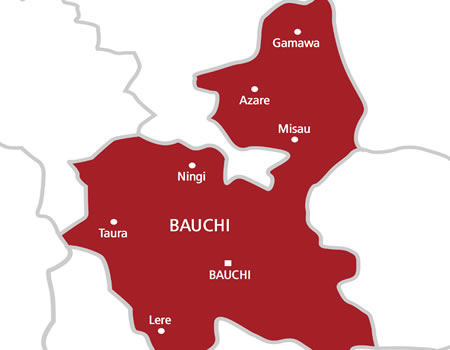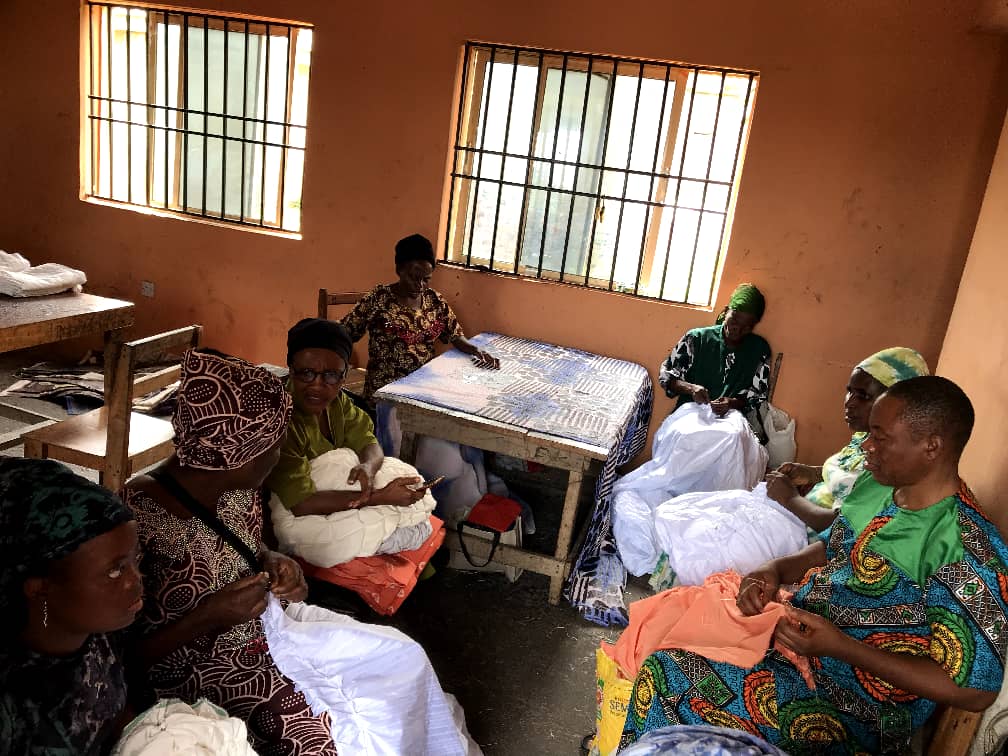‘Bauchi identifies 2000 new cases of HIV, 98% linked to treatment’
[ad_1]
Bauchi State Ministry of Health has revealed that it identified over 2,000 new cases of HIV of which over 98% of them were linked to treatment within the year alone.
The disclosure was made by the Commissioner of Health, Dr. Sabiu Abdu Gwalabe while addressing Journalists to mark the 2022 World AIDS Day saying, “this is the highest number of new cases detected in any year in the State, which was due to the dedication and new approaches deployed by our Staff and Partners”.
According to him, “These huge successes were a result of concerted efforts being put in place by the State and all the stakeholders. Importantly, the political will demonstrated by the Government of Bauchi State under the Leadership of the Governor of Bauchi State, Senator Bala Mohammed Abdulkadir”.
He then said that the Global Strategies aimed at eliminating HIV by the Year 2030 hinge on the success of three targets areas which include: Identifying 95% of the estimated number of people living with HIV through robust HIV testing services; Enrolling 95% of those tested positive on treatment and Ensuring that 95% of those on treatment achieved viral load suppression.
The Commissioner added that recent scientific evidence has shown that HIV patients that attained a level of viral suppression can no longer transmit the infection to others; U = U (Undetectable = Untransmisible).
He further said that the 2019 National AIDS Impact Indicator Survey (NAIIS) conducted in the country showed that the State had 0.4% with an estimated current population of about 8 million people.
He also said that the State currently would have an estimated number of about 30,000 people living with HIV, out of the 30, 000; 29, 160 of them have already been identified representing 97%.
Likewise, 27, 639 of those who knew their HIV Positive Status are currently on treatment representing 95% coverage, however, the State has only 25, 284 out of the 27, 639 on ART who were able to achieve Viral Load Suppression (91%).
“Ladies and Gentlemen, gladly the State have gone so far in achieving a significant that signifies hope of eliminating HIV because we have attained the following levels of achievements; 97-95-91”, he added
Sabiu Gwalabe said that “This is cheering news that Bauchi State has achieved two of the three targets and is close to achieving the last one even earlier much than the Year 2030”.
Globally, it is also gratifying to inform you that significant advancement has been achieved in the development of HIV vaccines and long-acting ART (1-3 monthly injections) were developed, which will hasten the elimination of HIV.
He then on behalf of the Bauchi State Government extended profound appreciation to developmental partners, donors, CSOs, traditional and religious leaders, providers, and NEPHWAN for their support to achieve this great feat
“Fortunately enough, there was a gradual but consistent reduction in the prevalence of HIV in the State to only 0.4% in 2019 which was much lower than the national prevalence of 1.5% approximately totaling about 3m PLWHIV in Nigeria”, he stressed.
The Commissioner disclosed that “We have 28 Comprehensive Treatment Sites and 388 PMTCT Sites in the State. Currently, arrangements have been concluded for increasing our Comprehensive Treatment Sites to 40 while the PMTCT Sites to 759 by January next year. The Year 2030 was set for the elimination of HIV in the world by the WHO known as 95-95-95 Targets”.
“Going by the theme of this year’s World AIDS Day, “Equalise to End AIDS.” It is time to do much more to put HIV/AIDS response at the center of Universal Health Coverage in the State which will eliminate inequalities in access to Health, particularly for HIV Patients, which is the vision of the Bauchi State Strategic Health Planning”, he added.
Sabiu Gwalabe said that “Indeed, every Nigerian and of course those living with HIV have a responsibility to share and exhibit an un-relented solidarity towards mitigating the impact of the scourge of HIV in the State”.
According to him, “Since the first case of HIV was reported in Nigeria in 1986, the State had witnessed its First Case around 1988. There was an initial unprecedented rise in the prevalence rate of the infection to 6.8% in 2001 which was above the national average of 5.2%.”
ALSO READ FROM NIGERIAN TRIBUNE
[ad_2]















Post Comment